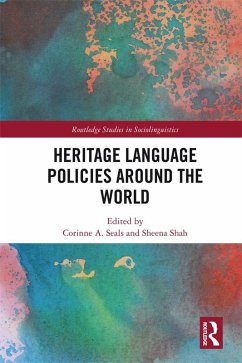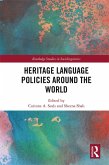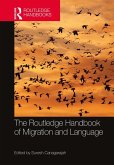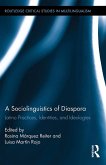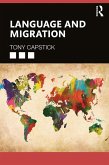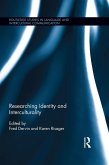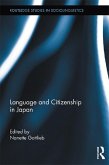This volume brings together heritage language policy case studies from around the world, foregrounding globalization by covering five regions: the Americas, Europe, Africa, Asia, and Australasia. The countries profiled include the United States, Canada, Argentina, Norway, Sweden, Ireland, Uganda, Namibia, Morocco, Japan, South Korea, Singapore, New Zealand, Australia, and Fiji. This volume also highlights an expanded definition of 'heritage language', choosing to focus on individual and community identities, and therefore including both Indigenous and immigrant languages.
Focusing specifically on language policy relating to heritage languages, the chapters address key questions such as
- Are heritage languages included or excluded from the national language policy discourse?
- What are the successes and shortcomings of efforts to establish heritage language policies?
- What is the definition of 'heritage language' in official usage by the local/regional government and stakeholders?
- How are these language policies perceived by the actual heritage language communities?
Dieser Download kann aus rechtlichen Gründen nur mit Rechnungsadresse in A, B, BG, CY, CZ, D, DK, EW, E, FIN, F, GR, HR, H, IRL, I, LT, L, LR, M, NL, PL, P, R, S, SLO, SK ausgeliefert werden.

